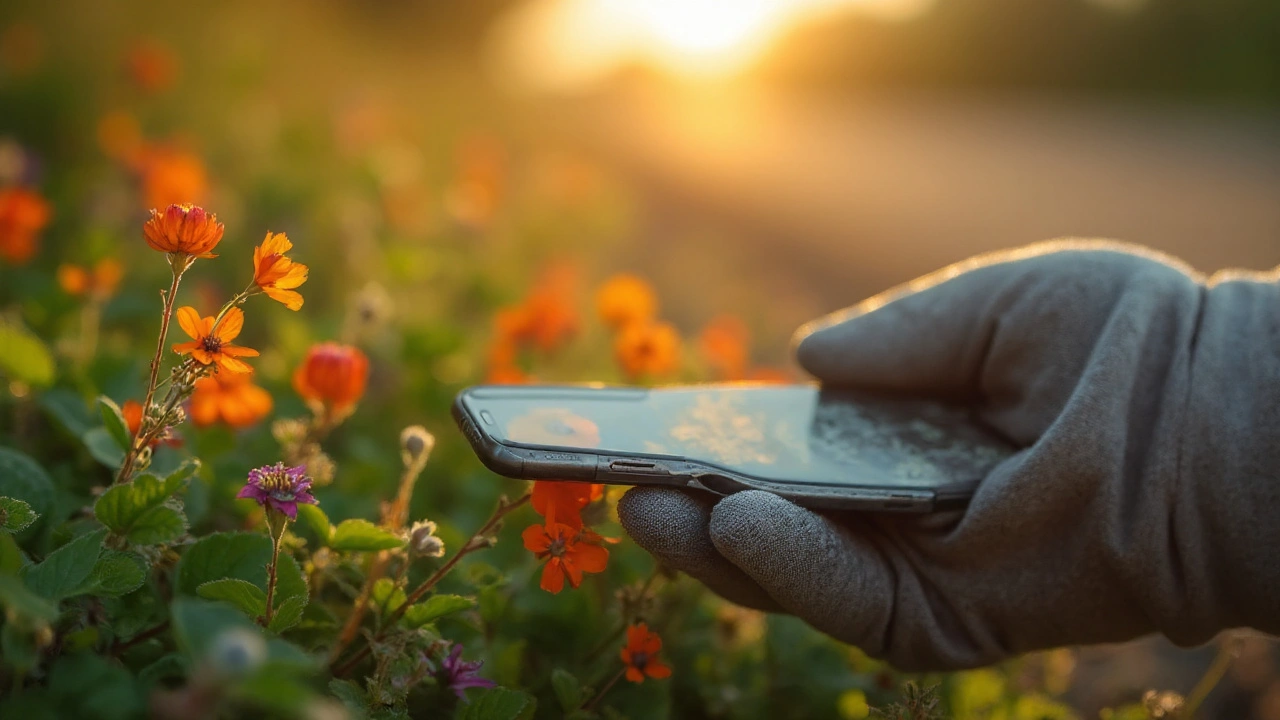Herbal Alternatives – Natural Remedies You Can Trust
If you’re tired of synthetic pills or want a gentler way to support your body, herbal alternatives might be the answer. Plants have been used for centuries, and many modern studies back up their benefits. Below you’ll find quick facts about the herbs we cover on RugietMen, plus tips on how to add them safely to your routine.
Why Choose Herbal Alternatives?
Herbs often contain a mix of compounds that work together, offering balanced effects without the sharp spikes some drugs cause. They’re usually easy to find in health stores or online, and most people can start with low doses to see how they react. Because they’re natural, you can combine them with conventional meds—just check with your doctor if you’re on prescription therapy.
Popular Herbs on Our Site
Northern Prickly Ash is a powerful supplement for circulation and energy. It’s rich in alkylamides, which can help widen blood vessels and reduce fatigue. A daily capsule or tea works well for most people; start with half the suggested dose and watch for any stomach upset.
Sweet Clover isn’t just a pretty plant—its high coumarin content acts as a natural blood thinner. If you have clotting concerns, this herb can support healthy flow, but avoid it if you’re already on anticoagulant drugs. Sprinkle dried leaves into smoothies or take a standardized extract.
Black Alder offers antioxidant and anti‑inflammatory benefits that many use for joint comfort. The bark can be brewed as a tea; one cup in the morning often reduces stiffness. Look for products that list “Alder bark extract” to ensure potency.
Water Fennel (also called fennel water) is a soothing digestive aid. Soak crushed seeds in cold water overnight, then drink the liquid before meals. It can calm bloating and support hormone balance without any harsh chemicals.
Each herb has its own best‑use scenario, so match the plant to your goal. For example, if you need a circulation boost, start with Northern Prickly Ash; for digestive relief, try Water Fennel. Mixing several herbs is fine, but keep an eye on overlapping effects—two blood thinners together can be risky.
When buying herbal products, pick reputable vendors that provide batch testing and clear ingredient lists. Our guides on the site walk you through trusted sources for each supplement, so you don’t waste time hunting down shady sellers.
Finally, remember that “natural” doesn’t mean “risk‑free.” Start with low doses, track how you feel, and adjust as needed. If side effects appear—like stomach cramps, headache, or unexpected bleeding—stop the herb and talk to a healthcare professional.

